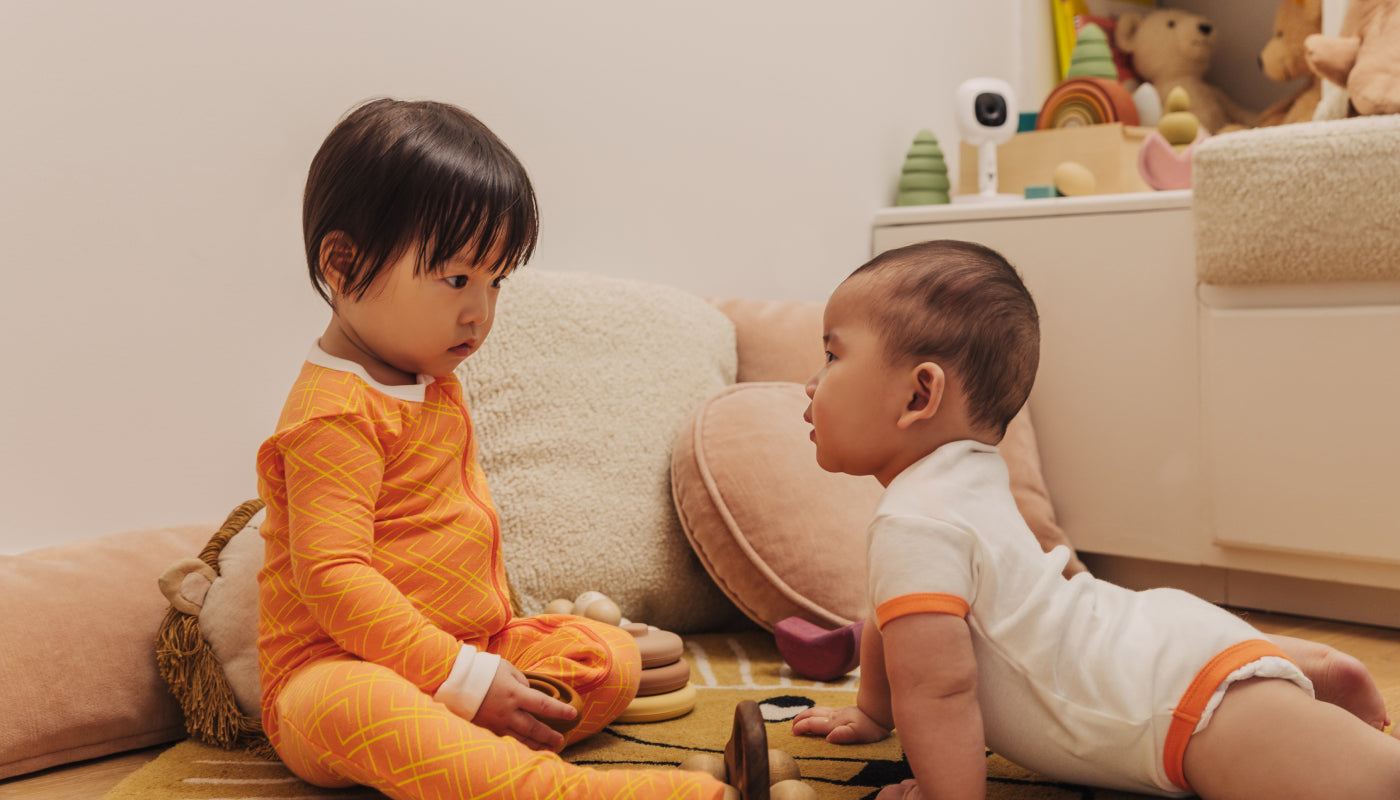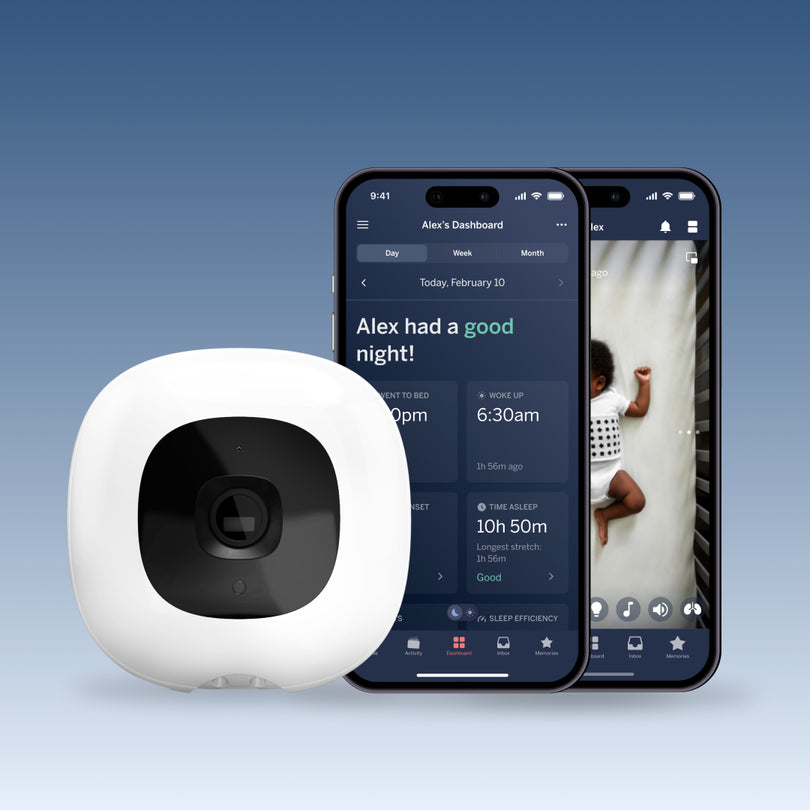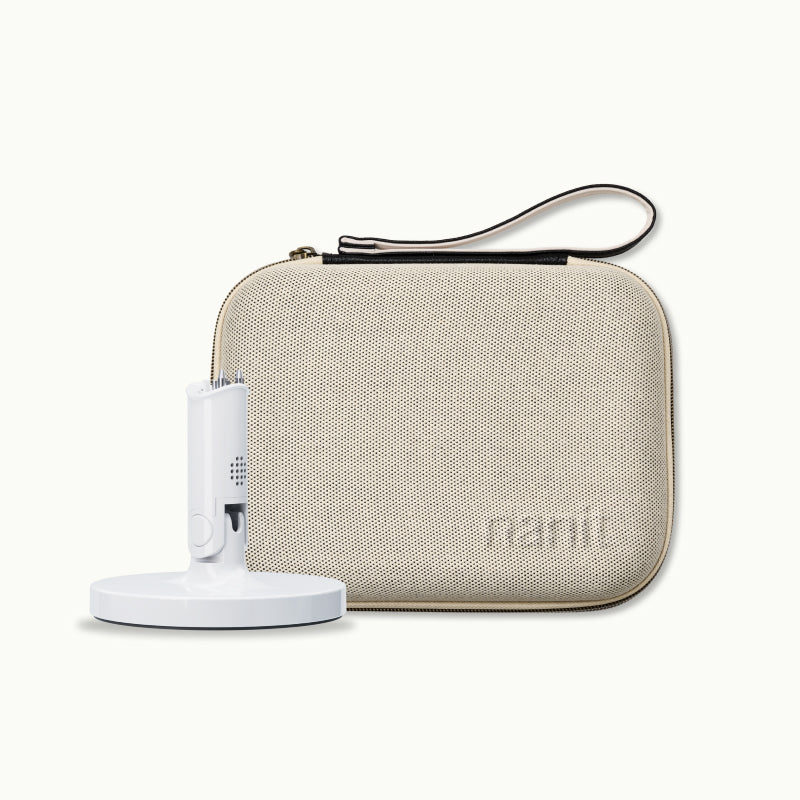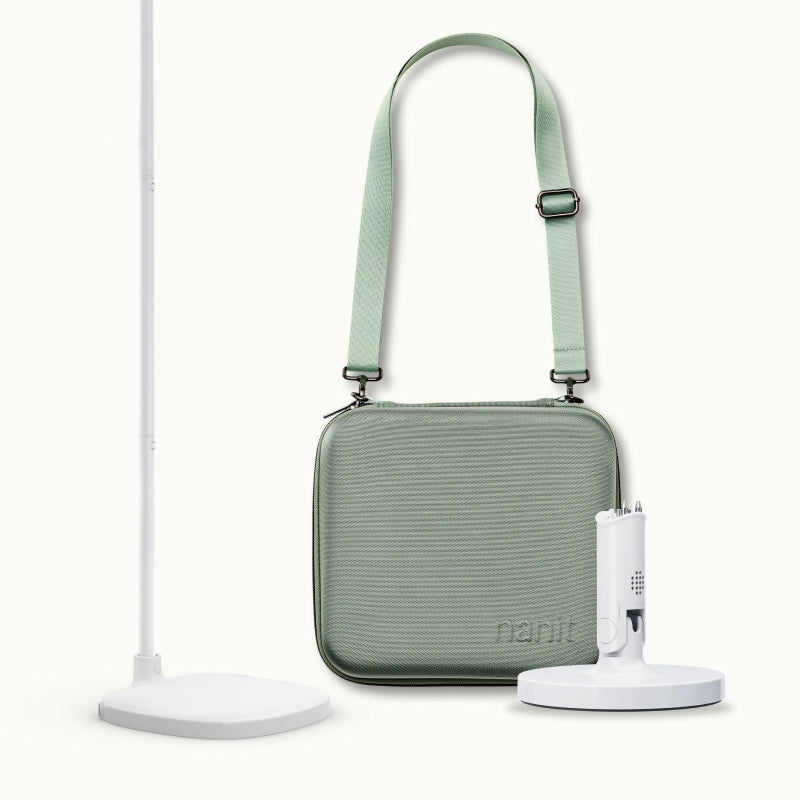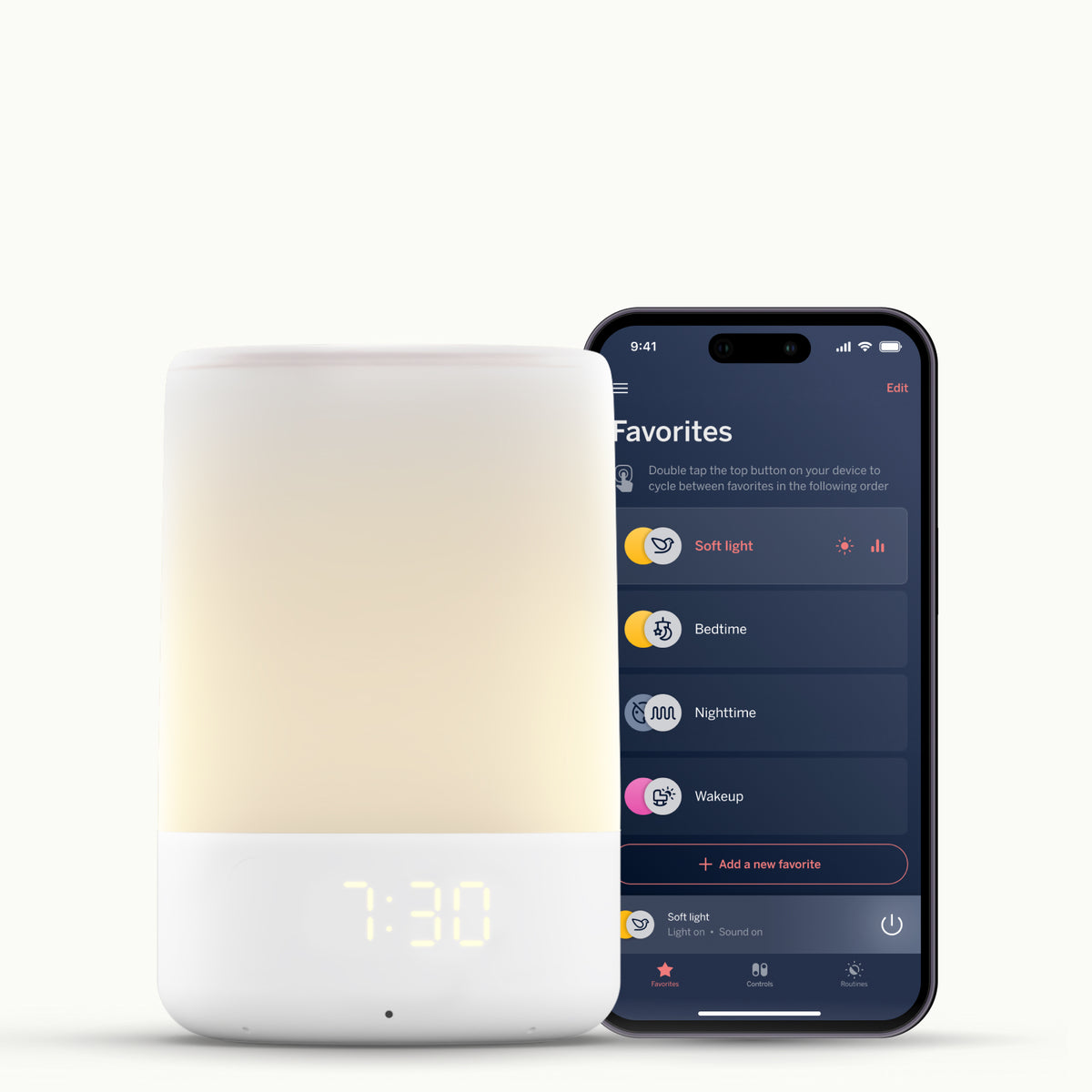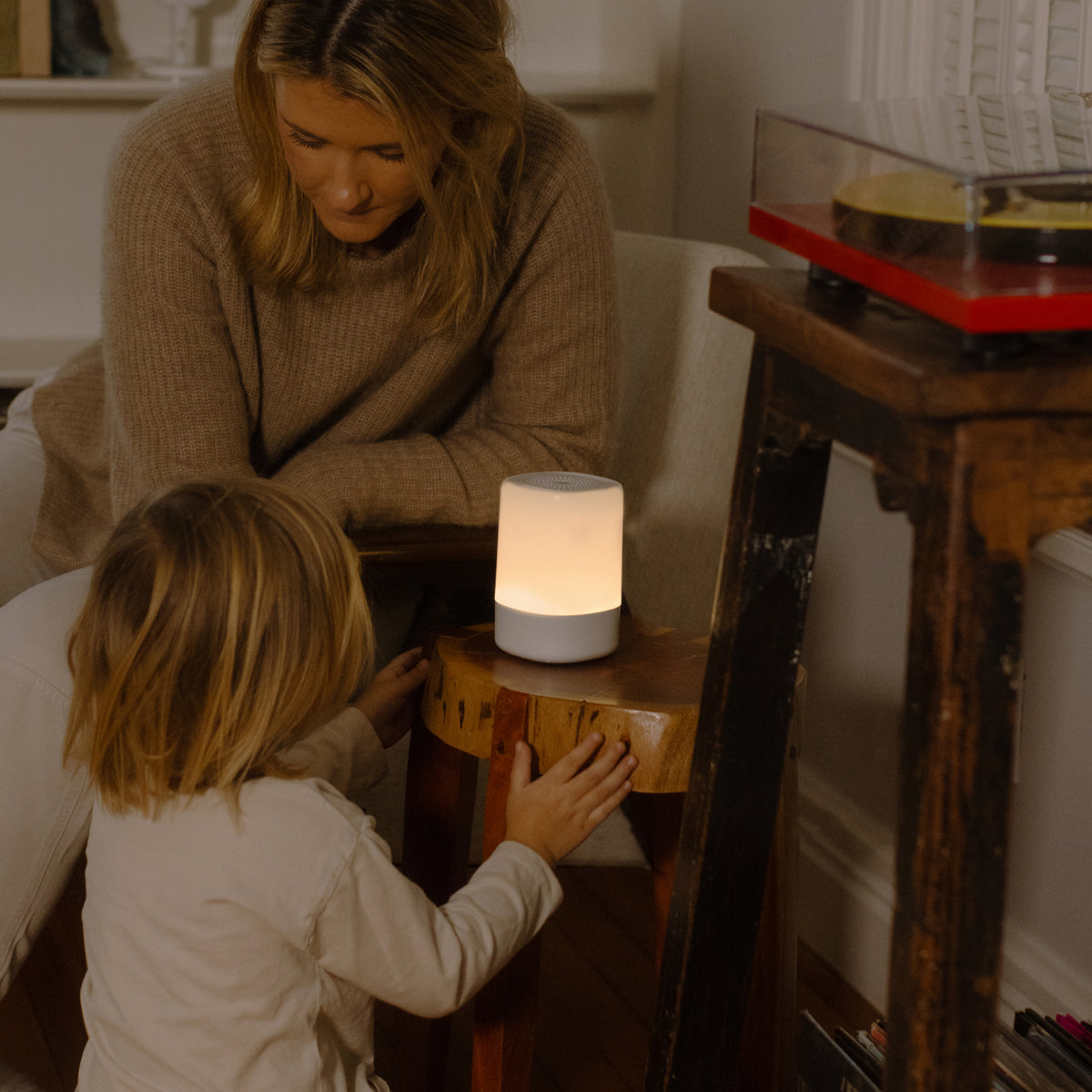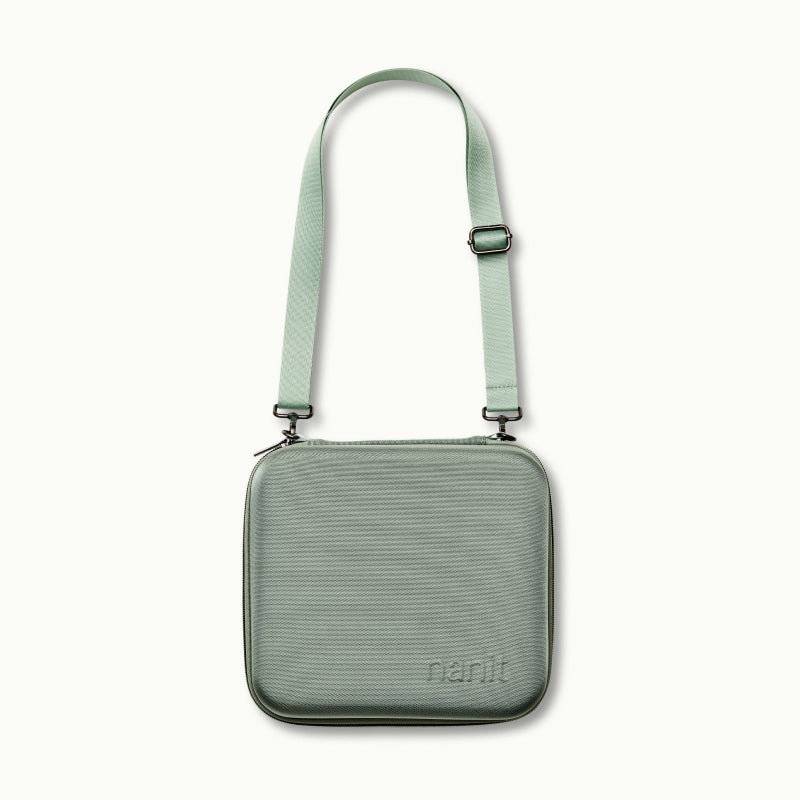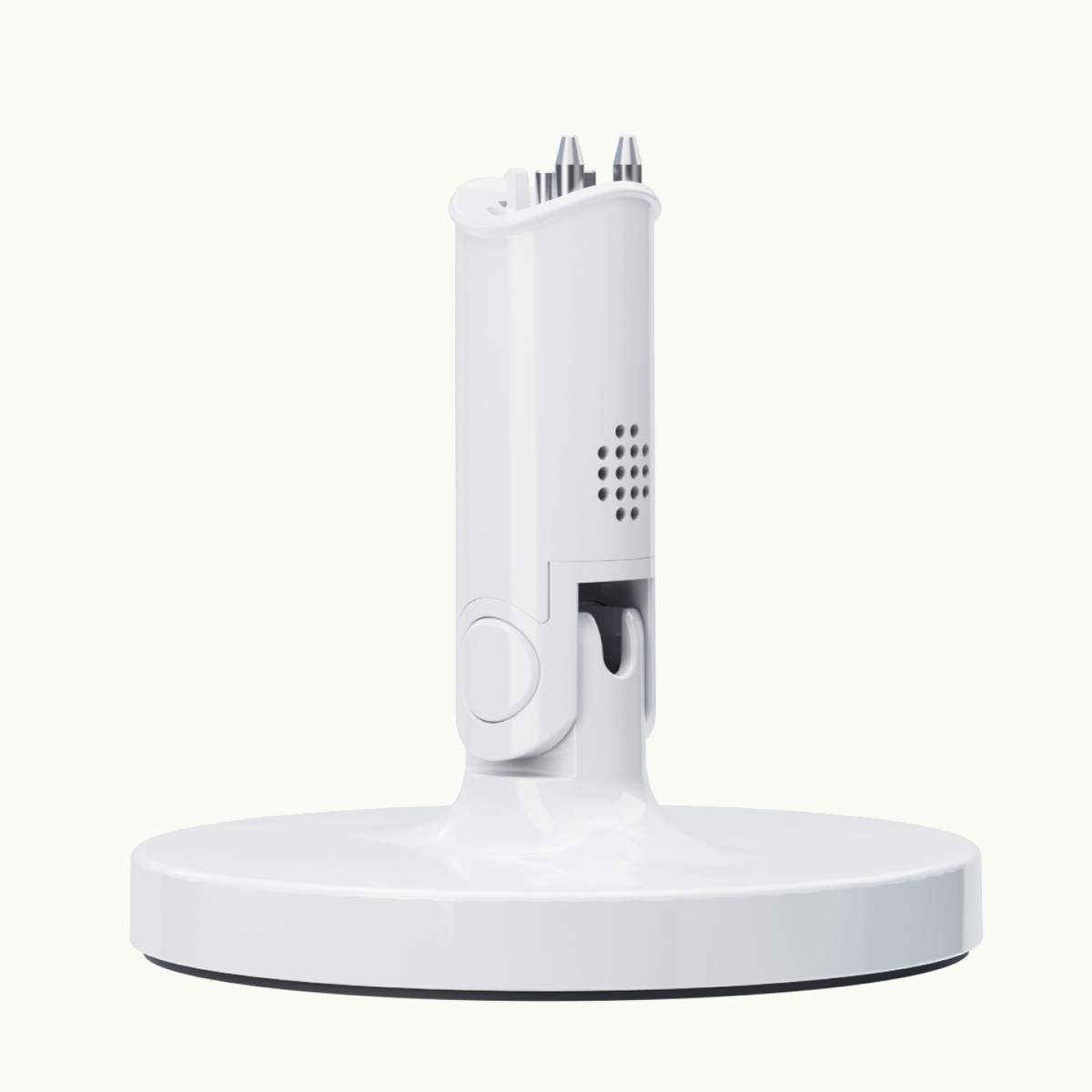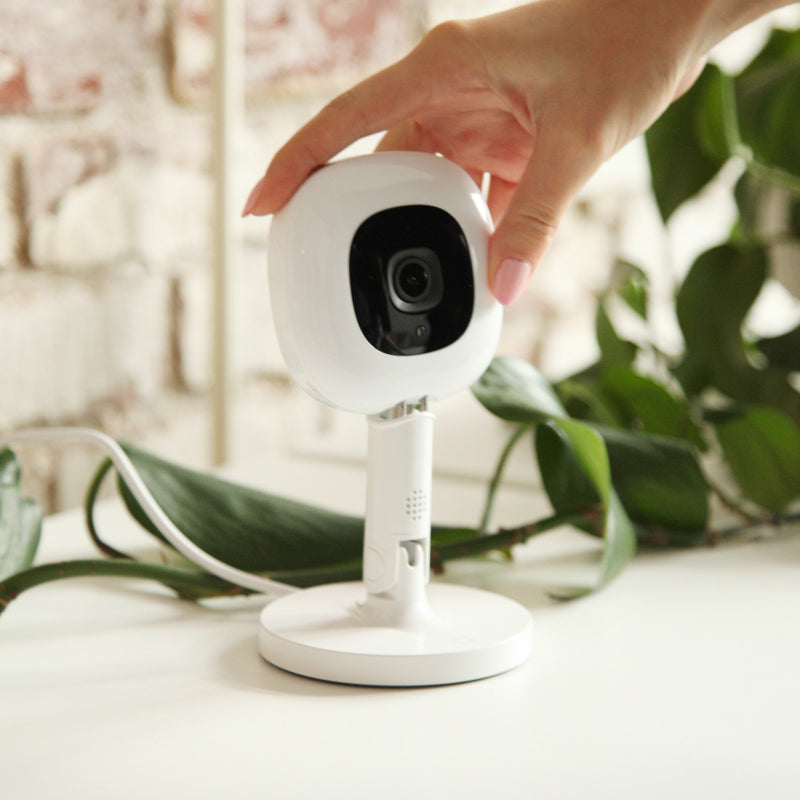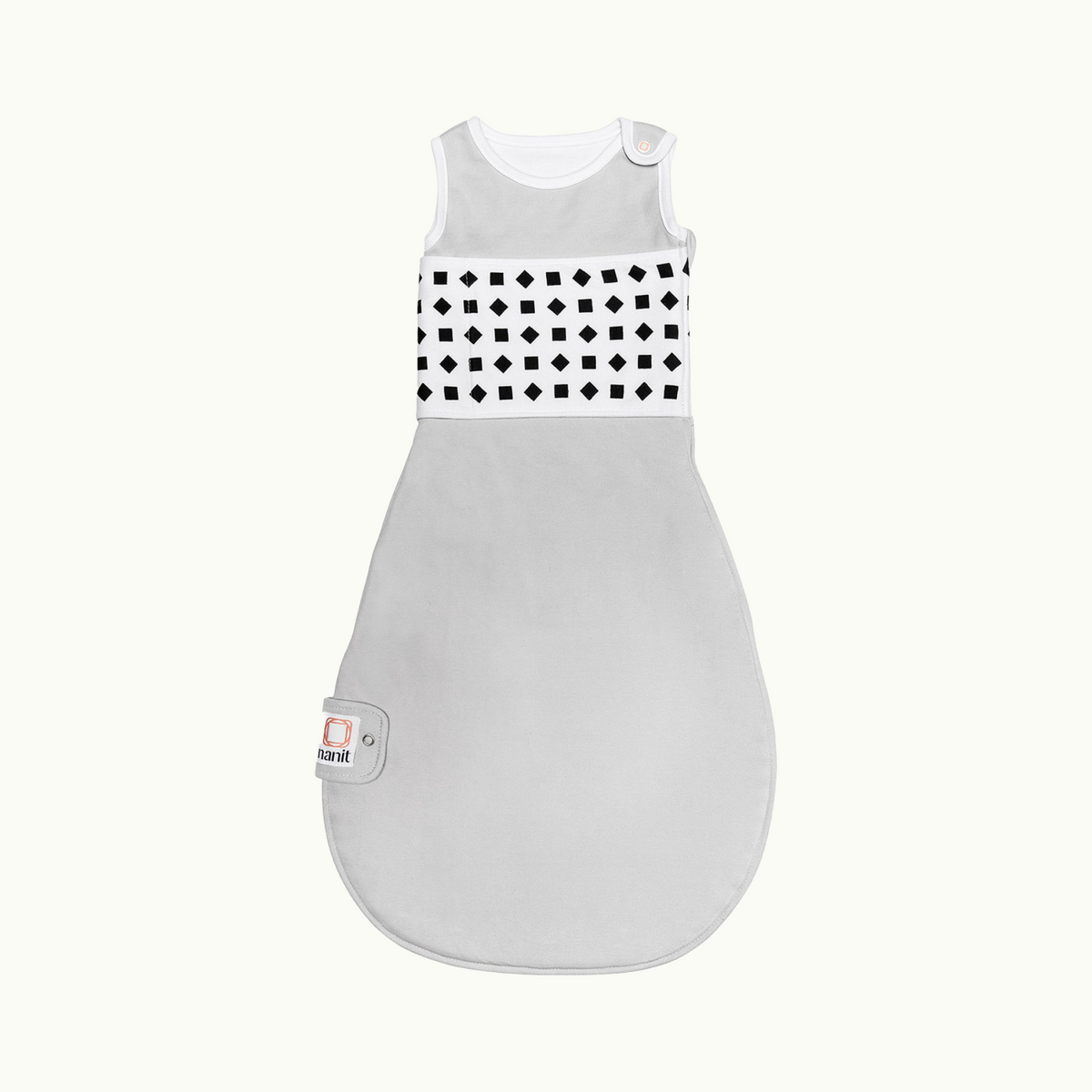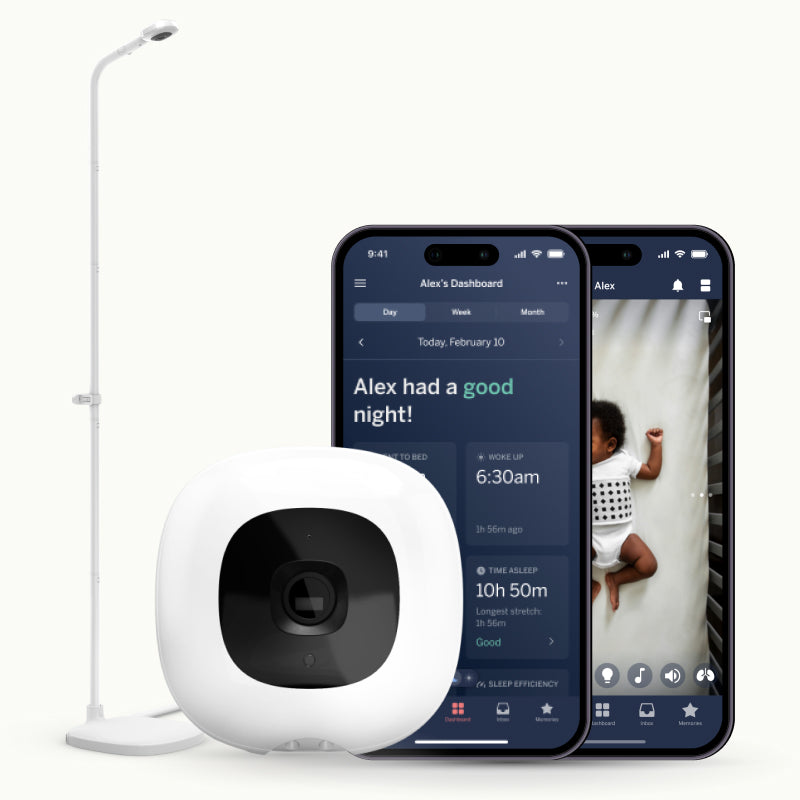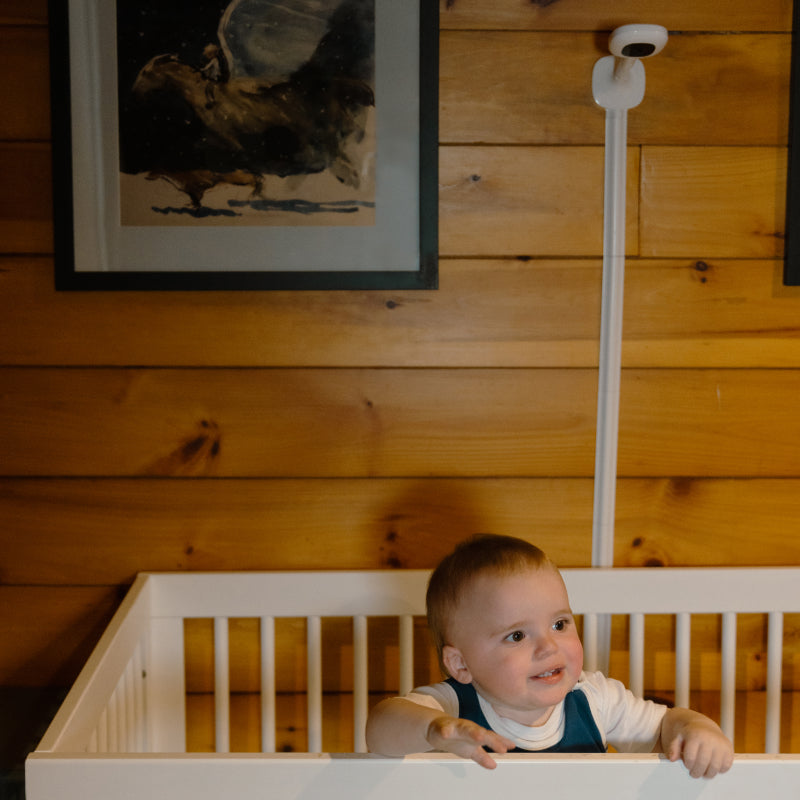Young babies quite literally can’t eat enough to satisfy their hunger throughout the night. Their tiny stomachs can only hold so much food! But because of that fact, newborns and infants often wake up several times a night to eat. Bye-bye, parents’ uninterrupted sleep.
While bleary-eyed, yawning, and reaching for the coffee, you might wonder when your baby can start sleeping through the night without a feeding. While the answer depends on your baby’s needs, there are general guidelines and protocols that can help you understand when your baby is ready for that transition, both physically and emotionally.
When can my baby sleep through the night without a feeding?
Once they are four to six months old, most babies can sleep for between six to 12 hours without a feeding (what a welcome reprieve for tired parents!). Depending on your baby’s weight, disposition, and overall health, night feedings might end earlier or later. Some parents may choose to continue night feedings up until 1 year old, but most babies are physically able to eat enough to stay sated throughout the night by the time they reach four to six months.
How long should a newborn sleep at night without a feeding?
Newborns can only go without eating for two to three-hour stretches, and that includes overnight. Their little stomachs can only handle so much food at a time, so smaller, more frequent feedings are a must in the first few months of life. You can expect your baby to wake up on their own to eat; rarely will a newborn sleep long enough in a single stretch to miss a feeding. If your baby doesn’t wake up on their own, you’ll need to gently nudge them awake to feed until they regain their birth weight (or if your pediatric health provider recommends it after that).
How do I transition to no night feeds?
Whether breastmilk or formula, or breastfed or bottle-fed, you can take one of three general approaches to the journey to no night feeds. These three are: a gradual reduction, a sudden stop “cold turkey” style, or somewhere in between. To support this transition, it’s important to make sure your little one is getting enough to eat during the day.
-
Gradual reduction: This approach draws out the transition process over a few weeks, slowly reducing the number of night feeds and the duration of each feed. Start with about 10 to 15 minutes per feed as a benchmark. Be on the lookout for comfort sucking as well; once your baby stops eating, it’s time to unlatch.
-
Sudden stop: First, make sure your baby gets all the feedings they need during the day so they’re full come nighttime. From here, you can cut one night feed out of several, or cut all night feeds altogether. Let your baby soothe themselves back to sleep.
- Inbetween: This approach blends the gradual reduction and sudden stop philosophies by setting a time limit on how long you allow your baby to self-soothe before night feeding. Pediatricians suggest setting a time limit and gradually increasing that time limit as your baby adjusts to nights without feedings.
How do I know if my baby is waking from hunger or habit?
If your baby is used to a nighttime feeding routine, changes to this schedule can cause quite a stir in their young minds. They may wake up simply out of habit, or for one of the many reasons babies wake up during the night. How can you tell the difference?
- Baby’s age. If your baby is under four to six months old, they likely need to be fed at least once throughout the night.
- How much they eat during the day. Your child needs enough calories during the day to successfully wean them off night feedings. If you’ve added a few more ounces to their bottles or a few extra minutes to nursing during the day, it’s likely they’re waking up out of habit.
- They fall asleep while night feeding. If your little one isn’t taking a lot of formula or breastmilk, if they’re barely eating, or if they fall asleep in the middle of eating, chances are they weren’t hungry.
How do I get my baby to sleep through the night without feedings?
Nursing isn’t the only way to get your baby to fall asleep—and stay asleep. These bedtime tips can help your baby as you transition from nighttime feedings.
- Create a bedtime routine. Creating and following a routine gets your little one into bedtime mindset. Nighttime routines can include a warm bath, playing sound from sound machine, story time, cuddling, a final feeding, or a special nighttime song. As long as it’s a calming routine you can stick with most days, it’s a good fit for your family.
- Have a regular naptime schedule. An overtired baby is often too wound up to fall asleep, ironically enough. Regular naps appropriate for their age level can help with that.
- Feed your baby right when they wake up. Feeding first thing in the morning or after a nap curbs your baby’s hunger while establishing a daytime routine and teaching them when they can expect to eat.
- Use a pacifier. Binky, paci, pacifier—whatever you call it, there’s a reason this simple device is basically baby catnip. Sucking on a pacifier is a source of comfort for a lot of babies, replicating the soothing feelings of nursing without any nursing involved. With any luck, a pacifier can soothe your baby into a blissful sleep. If you opt for a pacifier, keep in mind that one day you will have to wean baby off it!
-
Monitor their sleep. Instead of rushing to your little one as soon as you hear them cry, give them a few minutes. Using a baby monitor with night vision, you can see, hear, and communicate with your little one without entering the nursery and further disrupting their serene space. Watch to see if your baby settles down on their own, and then make a call on whether you need to calm them down.
from $249.00 – $399.00The most awarded, connected baby monitor with camera and app on the market. Use your Nanit data to support your baby's wellness, and get your best rest.
LIMITED TIME OFFERS (one code per order):
- Save 20% on Nanit Pro Camera with code PARENT20
- Get a free Sound + Light Machine with a full-priced Pro Camera purchase! Add both items to your cart and enter code FREESOUND at checkout
Key takeaway
For your baby’s first few months, nighttime feedings are a core part of their routine. But as they grow (and so do their stomachs), you can transition them from several nighttime feedings and help train them to sleep through the night—reclaim precious hours so you can get some quality sleep. Talk to your pediatrician about nighttime weaning methods to determine which is the best fit for your baby and your family.

